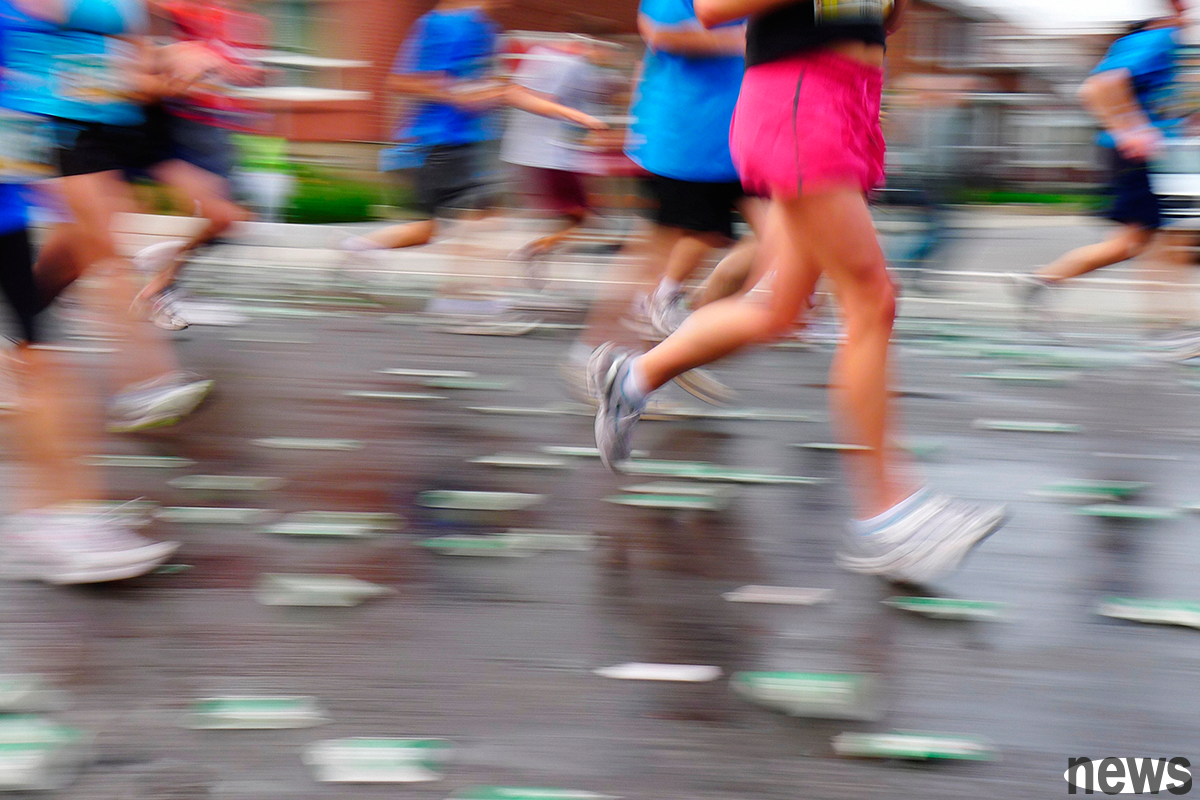
I feel that I am very hard and tiring in exercise, but when I turn on the timer, I find that I am thinking too much? According to the medicalxpress website on June 26, in a recent study published in the Proceedings of the National Academy of Sciences (PNAS), researchers found that human brains may be deceived by physical error signals, and believed that the body is more exhausted than actual efforts.
Pierpaolo Iodice, a center for the transformation of sports activities at the University of Nomande, France, introduced that people will have different psychological feelings during sports. Sometimes one person thinks he jogged for a long time, but the footholder tells different stories. If one is more likely to judge one's heart rate when one's fatigue comes from one's heart rate, then will change one's heart rate affect one's own judgment?
{999 9}The experiment is not complicated. Researchers have allowed eighteen wishes to ride on the fitness car with headphones, and they can freely adopt various riding methods, and riders can hear the sound of the heartbeat jump through their earphones. Some people hear their heartbeats slower, while others hear them faster. After the car ends, every volunteer will be asked about his feelings about his journey.
The results are very interesting. When a willful person hears his heartbeat accelerate, they think they are more tired than actually. But if they hear a slower heartbeat than normal, they think they are not tired.
 A similar conclusion was also drawn from a study published in PNAS in 2013, and researchers found that listening to music while running can reduce fatigue. A steady musical rhythm helps people stay active and can also transfer their negative impact on physical energy consumption and boredom. If we take further steps and allow the music to actively cooperate with the rhythm of the movement, can we further increase the strength of people's sports?
A similar conclusion was also drawn from a study published in PNAS in 2013, and researchers found that listening to music while running can reduce fatigue. A steady musical rhythm helps people stay active and can also transfer their negative impact on physical energy consumption and boredom. If we take further steps and allow the music to actively cooperate with the rhythm of the movement, can we further increase the strength of people's sports?
Thomas Hans Fritz, a Institute of Psychological Voice and Electronic Music at Ghent University in Belgium, has designed a device where participants can control the rhythm of music through their own sports frequency, and also has a monitor to measure the force exerted by users and their monitoring of oxygen intake. Finally, participants also had to fill out a question paper, including examining their self-evaluation of their sports strength, fatigue, etc. The study results of 63 participants found that participants who "ordered" music rhythm intensity themselves believed that they were less tired and consumed less oxygen, which meant that they were more relaxed in their sports. It can be believed that suitable music can reduce the fatigue brought by light and intense physical movements.
In this regard, Iodice analyzed that in order to ensure survival, our brains need to constantly evaluate stability and physiological variables in our body, such as hunger, thirst and fatigue. This evaluation ability comes from multiple body signals, most notably heartbeat and breathing signals. Therefore, changing these signals is likely to have any fatigue or non-burning errors on the brain.
Therefore, it is possible that deceive our brains and make them feel more tired, which is an ever-evolving instinct reaction. In ancient society where humans had to rely on physical strength to survive, if the brain could not correctly evaluate a person's fatigue and could not prevent him from exerting excessive force in hunting activities, the result of exhaustion may be disaster-prone, so the body will give the message "tired, need rest!" in advance.
Of course, this will have a negative impact in today's society. For example, it is difficult for us to convince a person who feels "overworked" because his heart rate and breathing are more stolen, and he really doesn't work as hard as he imagined.
Source